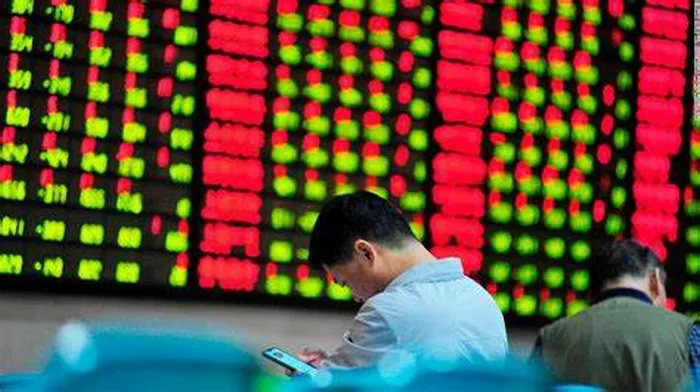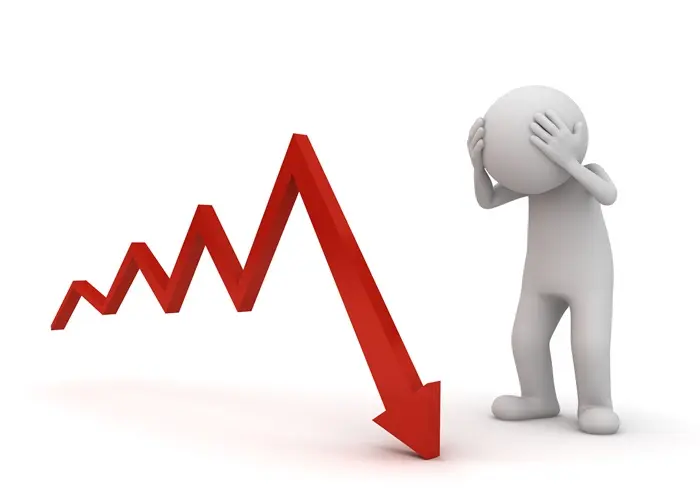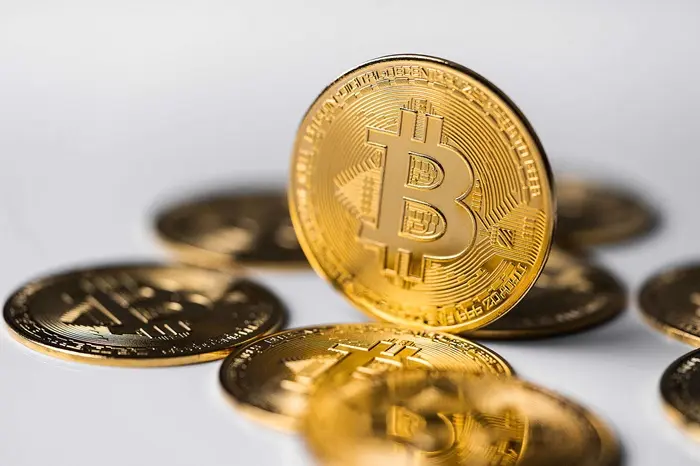As global markets react to U.S. President Donald Trump’s recent announcement of 25% auto tariffs, tensions are rising, and investors have sought refuge in gold, driving the precious metal to new heights.
Gold’s Record-Breaking Rally
On March 27, 2025, gold prices surged to a new all-time high (ATH) of $3,059.30, marking the 17th record ATH for the metal this year. The rally is largely attributed to heightened market uncertainty, which pushed investors to flock to gold as a safe-haven asset. This surge comes amid global geopolitical and economic tensions, including the ongoing trade dispute and growing inflationary pressures.
Gold has long been considered a hedge against inflation, and with increasing concerns over the stability of the U.S. dollar and the broader economy, investors are turning to gold to preserve wealth. Schiff, a well-known gold bull and economist, has been a vocal critic of Bitcoin and has used the recent market developments to reinforce his bullish outlook on gold.
Bitcoin’s Stagnation in a Volatile Market
In contrast, Bitcoin, often referred to as “digital gold,” has failed to break out of its recent range. Despite initial expectations of a breakout, the cryptocurrency has remained stagnant, trading between $84,000 and $88,000 for the past week. As of the latest Kraken price feed, Bitcoin is priced at $87,156.91, showing little movement despite the broader market volatility.
The broader cryptocurrency market has also been experiencing a downturn, with its total market capitalization shrinking by 1.3% in the past 24 hours, falling to $2.95 trillion. This has led to increased skepticism regarding Bitcoin’s ability to serve as a store of value, as its price remains rangebound amidst the gold rally.
Peter Schiff’s Analysis: Loss of Confidence in the USD
Peter Schiff, a staunch advocate for gold, wasted no time in reacting to the current market situation. In a post on X (formerly Twitter), Schiff argued that gold’s recent surge was not merely a reaction to uncertainty but a clear sign of the loss of confidence in the U.S. dollar. He also predicted that inflation would remain much higher than the Federal Reserve’s 2% target.
Schiff pointed to the broader decline in the value of stocks, bonds, and Bitcoin, while gold continued to rally. His stance on Bitcoin remains negative, with Schiff maintaining that the cryptocurrency is not a reliable store of value, especially as inflationary pressures mount.
Comparing Gold and Bitcoin Market Capitalization
The contrasting fortunes of gold and Bitcoin are evident in their respective market capitalizations. As of March 26, 2025, the market capitalization of gold has risen by approximately $7 billion, reaching $20.5 billion. Meanwhile, Bitcoin’s market capitalization stands at $1.7 trillion, significantly smaller than the total valuation of gold.
Despite Bitcoin’s potential as a “digital gold” alternative, it has yet to gain the widespread acceptance and stability associated with traditional assets like gold. The market capitalization discrepancy highlights the gap between Bitcoin’s current status and its potential to rival gold as a store of value.
Conclusion
While Bitcoin enthusiasts have long touted the cryptocurrency as a store of value akin to gold, recent market trends suggest that gold remains the preferred choice for investors seeking stability in uncertain times. Gold’s continued record-breaking rallies in 2025, driven by concerns over inflation and the dollar’s weakening, underline its role as a safe-haven asset.
Meanwhile, Bitcoin’s stagnation and the broader crypto market’s downturn raise questions about its ability to serve as a hedge against inflation. Peter Schiff’s commentary serves as a reminder of gold’s enduring appeal in times of economic uncertainty, with Bitcoin still struggling to fully establish itself as a reliable store of value.
Related topics:


























